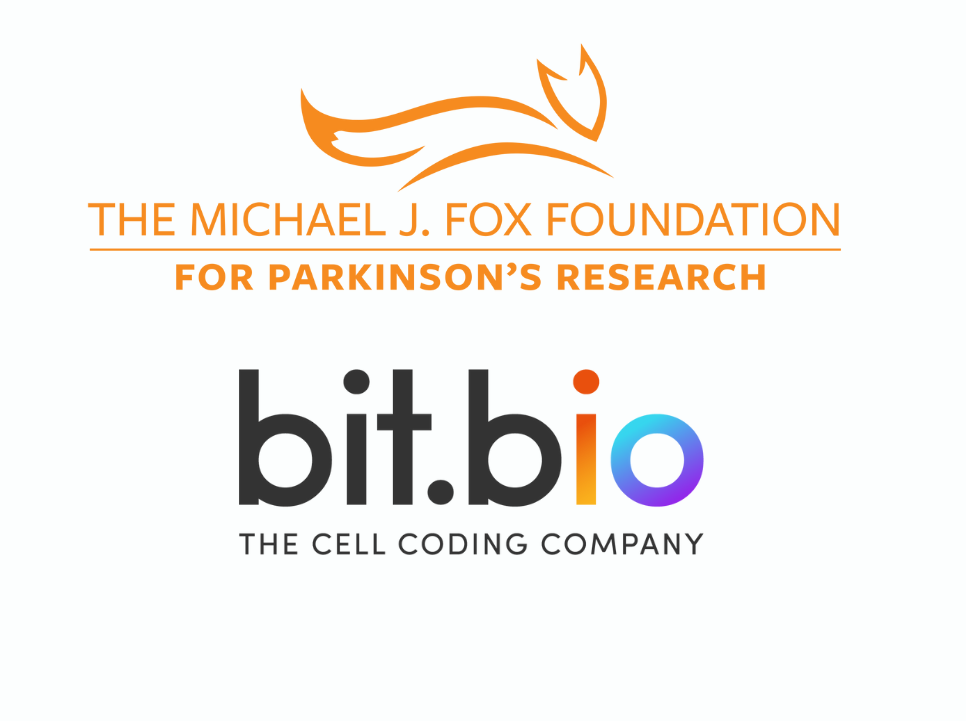05.03.2024 | Published by bit.bio

05.03.2024 | Published by bit.bio

CAMBRIDGE, UK, 07:00, 5 March 2024 - bit.bio, the company coding human cells for novel cures, today announces the first project within a multi-year collaboration agreement with The Michael J. Fox Foundation for Parkinson's Research (MJFF) to prioritise the development and delivery of a range of human cell products relevant to Parkinson’s disease (PD).
Under the terms of the collaboration agreement, both wild type human cells and physiologically relevant disease model cells can be generated through individual project agreements. Funding to bit.bio by MJFF will be allocated on a project-by-project basis. The first project has been agreed and will prioritise the discovery of TF combinations for a relevant human cell type in PD and the development of that cell type into a product for the PD research community.
PD occurs when dopaminergic neurons stop working or die. PD is a lifelong and progressive disease, and beyond movement disorders such as tremor, slowness, stiffness and balance problems, it can cause depression and memory loss. PD affects 1–2% of the population over the age of 65 and it is estimated that cases will exceed 12 million individuals in 2040. It is a complex and heterogeneous disease affected by multiple genetic and environmental factors.
Currently, Parkinson’s disease researchers mostly rely on animal models and human iPSC-derived dopaminergic neurons, generated via directed differentiation protocols. These protocols present significant drawbacks as they are lengthy, difficult to reproduce and yield heterogeneous populations. Having access to a consistent and scalable source of physiologically relevant human cell models will help researchers understand and pinpoint the diverse pathways that lead to loss of dopaminergic neurons, and gain essential insights into specific cellular and molecular mechanisms involved in disease pathogenesis.
"We are thrilled to partner with bit.bio and to leverage the company’s unique platform for the generation of human cells. Parkinson’s disease researchers urgently need accessible and well-characterised tools to improve our understanding of PD, and to help deliver therapeutic breakthroughs. The consistency and scalability of bit.bio’s human cell products will provide a very important addition to the suite of tools we know to be necessary."
 Nicole K. Polinski PhDMJFF Director of Research Resources
Nicole K. Polinski PhDMJFF Director of Research Resources
All bit.bio ioCells™ products, including those to be developed under the partnership with MJFF, are precision reprogrammed using bit.bio’s opti-ox technology. As such they are defined human cells that have inherent experimental scalability, offer unparalleled biological consistency and are simple to handle and culture.
"This important collaboration with MJFF gives us the opportunity to accelerate the development and delivery of a series of human cell types and associated disease models to the PD research community. The work that MJFF has done to advance the understanding and treatment of PD has been groundbreaking. The team here at bit.bio is already working to deliver the first cell product under the collaboration framework and we are delighted to join with MJFF on this essential path."
 Mark KotterCo-founder and CEO, bit.bio
Mark KotterCo-founder and CEO, bit.bio